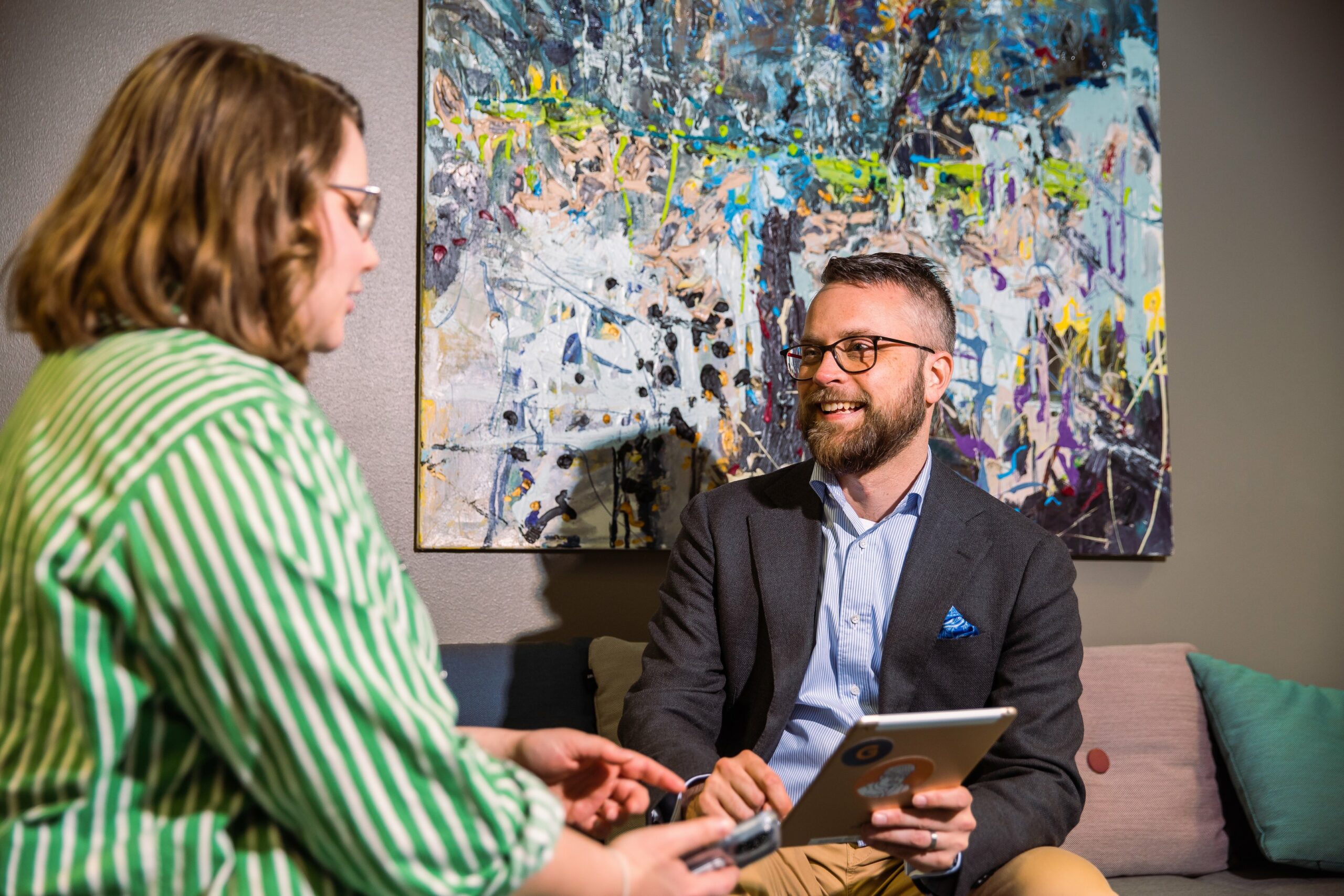From the rise of the Internet to the emergence of smartphones, the world of work is heading towards yet another transformation. This time, the disruptor is generative AI (GenAI), which is expected to significantly alter the way we work, play, and eventually – live.
Amidst the hype and excitement surrounding GenAI, organisations are still trying to grasp its implications for their business and workforce. To transform the buzz around GenAI into concrete business results, organisations must be proactive and systematic in their approach.
So how can organisations get started on their generative AI learning journey?
Educate: Broaden perspectives through generative AI use cases
Understanding the impact of generative AI on one’s work can be challenging, if you have not seen any real-life applications. Use cases offer insights into how individuals are changing their daily tasks with generative AI, showcasing what is currently achievable. They can also help answer questions such as: How can it augment my work? In which areas are human skills irreplaceable? Seek for these use cases both outside and inside your organisation.
When exploring use cases, it’s crucial to look beyond the obvious answers and examples. You’re likely aware that tools like Copilot, ChatGPT, or Gemini generate text and analyse data – but what else is there? Could GenAI also enhance tasks that demand high levels of creativity and deep analytical abilities? Avoid settling for only simple answers and delve deeper to rethink your processes.
Pilot: Experiment with generative AI within teams
To gain large scale benefits of generative AI, we recommend starting organisational-level pilots to test its usage in team settings. While many individuals have begun to experiment with GenAI in their personal work, fewer teams have explored how it could enhance their collective efforts.
Embark on this journey with an experimental and open mindset. Adopting generative AI is a learning curve that requires the development of new competencies. Consider: What is the most efficient approach to this task? How could this process be reimagined with GenAI assistance?
Learning and piloting consume both time and resources. Simply acquiring licenses isn’t sufficient; it is the workforce that must adapt their methods. Prompting is quickly becoming a vital skill in knowledge work, so ensuring that employees are proficient is crucial for gaining the benefits of GenAI. Share the pilot learnings and insights throughout the organisation to speed up your adoption.
Remember: what was not possible with GenAI yesterday, might be possible already today. It evolves rapidly, making it easy to fall behind. Don’t be discouraged if initial attempts fail as the technology is advancing every single day. Set clear goals and monitor your pilot’s progress. After all, generative AI is an investment, and piloting can assist in building a compelling business case.
Analyse: Assess the impact of generative AI on your business and operations
Through experimentation, organisations can begin to discover the effects of generative AI on their business and day-to-day activities. What is value-adding work for you in the future? Which jobs will be altered, remain the same, or become obsolete? What new skills and roles will be necessary to serve your customers and stay competitive? How are your competitors adapting, and could there be potential threats arising from unexpected sectors?
It’s beneficial to consider the varying impacts on different employee groups. For example, the influence of GenAI on Gofore’s coders and management consultants may differ significantly. Focusing on role-specific effects makes the analysis more intriguing, precise, and actionable.
In conclusion, the adoption of generative AI ultimately revolves around people. How eager are they to utilise it? Do they understand its effects on their work? Are they equipped with the knowledge and skills required for its adoption? And most importantly, are they consistently experimenting with and integrating GenAI into their work routines?
Want to learn more?
To help your organisation take the first steps with the AI in a people-centric manner, download our “People-side of change in AI” guidebook.



